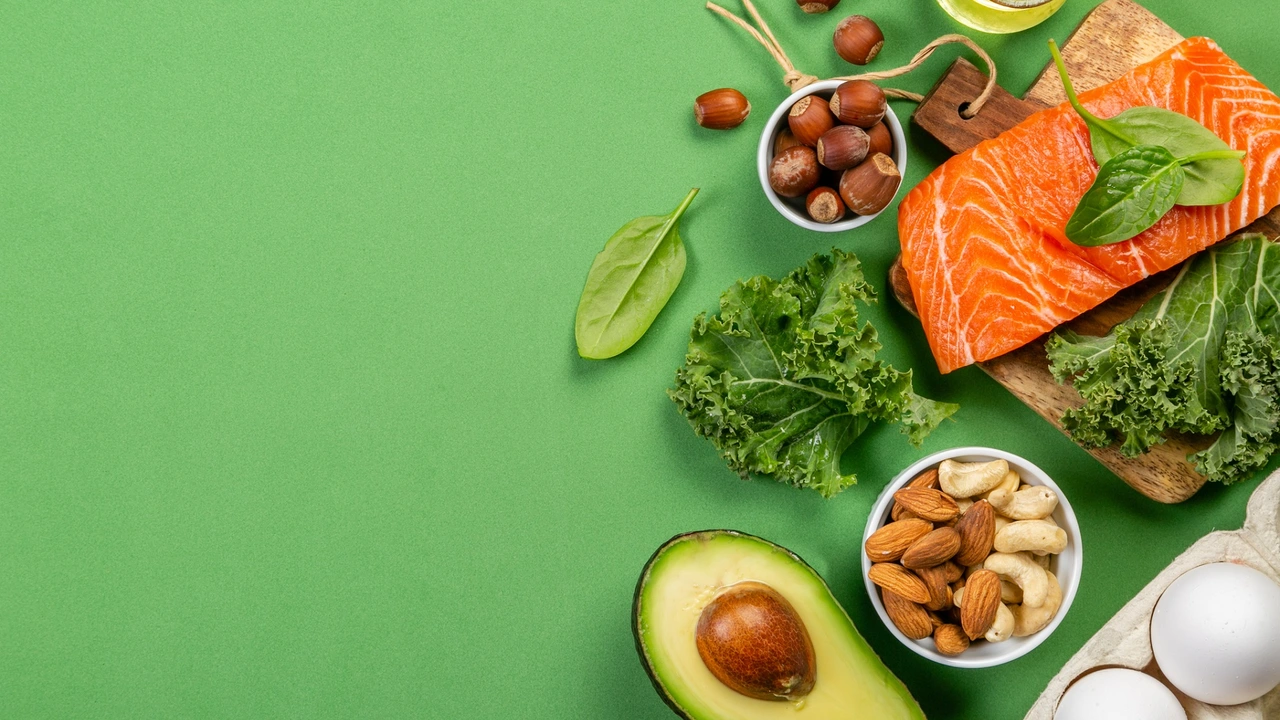Coriander benefits: why this humble herb deserves a place on your plate
Here’s a quick fact that surprises people: coriander (cilantro leaves and coriander seeds) packs more than flavor — it brings real, usable health perks. You don’t need fancy supplements to tap them. A few fresh leaves or a pinch of seeds can help digestion, support healthy blood sugar, and add antioxidants to your meals.
How coriander helps your body
First, coriander is nutrient-dense. Fresh leaves offer vitamin K (good for bones and blood clotting), vitamin A, vitamin C and small amounts of folate and potassium. Those vitamins matter when you eat the herb regularly in salads, salsas, or as a garnish.
Digestion often improves when people add coriander seeds or leaves to meals. The seeds contain natural oils that relax intestinal muscles and can reduce bloating and gas after heavy meals. Drinking a simple coriander seed tea — steep 1 teaspoon of crushed seeds in hot water for 10 minutes — is a gentle option after a spicy dinner.
Coriander also brings antioxidants and mild anti-inflammatory compounds. That means it helps neutralize cell-damaging molecules from daily stress and poor food choices. While it’s not a cure-all, adding coriander to your diet increases antioxidant variety without extra calories.
For blood sugar control, there’s real promise. Small clinical and lab studies show coriander components may help lower fasting blood sugar and improve insulin response. That doesn’t replace medication, but it can be a helpful food-based step for people managing mild blood sugar issues. Check with your doctor before making changes if you’re on diabetes meds.
Other perks: coriander has natural antimicrobial properties. It can reduce some foodborne bacteria in the kitchen when used in marinades or chutneys. Traditional medicine also uses coriander to ease mild anxiety and improve sleep for some people, likely due to its calming aroma and compounds.
Simple ways to use coriander every day
Using coriander is easy. Fresh cilantro is a bright, fresh finish — toss it into salads, tacos, soups, and smoothies right before serving. Coriander seeds are warm and citrusy when toasted; grind them into curries, rubs, or make tea. A basic starter: toast 1 tablespoon of seeds in a dry pan until fragrant, crush lightly, and add to roasted vegetables.
Try this quick habit: add a handful of chopped cilantro to your lunch salad or sandwich. For seeds, swap a teaspoon into your morning eggs or sprinkle on roasted potatoes. These small moves add flavor plus steady health benefits over time.
Safety note: coriander is safe for most people in food amounts. Rarely, some have allergic reactions or skin sensitivity. If you’re pregnant, breastfeeding, or on blood sugar–lowering medication, talk with your clinician first.
Want a real, simple win? Keep a small cilantro bunch in the fridge and a jar of seeds in the spice rack. Use both. They’re cheap, tasty, and give your meals a useful health boost without drama.




